
“Participating in research requires a lot of time and trust,” said Becky Hollingsworth, who participated in an asthma research study at The Ottawa Hospital. “It is good to see that researchers at The Ottawa Hospital are doing everything they can to make sure that their results are making a difference.”
Becky Hollingsworth took part in a clinical research study at The Ottawa Hospital that showed a third of people who have been diagnosed with asthma don’t actually have it (including her). The results, published in JAMA, are changing medical practice around the world.
Not every research study has this kind of impact, but all are supposed to at least contribute to scientific knowledge. Unfortunately, it turns out that some biomedical studies are published in a way that makes it difficult for others to interpret the results and learn from them.
Researchers at The Ottawa Hospital and the University of Ottawa, led by Dr. David Moher, have taken the lead in tackling this problem.
Dr. Moher became interested in this while doing systematic reviews to solve medical controversies. This exercise involves finding and reading every single study ever published on a given topic and combining the results in an unbiased way to provide the best answer possible for a given question.
While conducting these reviews, Dr. Moher noticed that many clinical trial publications lacked key details about how the experiments were performed and how the data were analyzed. This made it difficult to know if the results were reliable.
“I found that this was a real disservice to patients,” explained Dr. Moher, a senior scientist at The Ottawa Hospital and associate professor at the University of Ottawa. “People around the world were participating in research studies, believing that their contribution would make a difference for future patients but, in fact, some research publications were written so poorly that the results were unusable.”
Dr. Moher set out to change this by developing checklists and guidelines that researchers could use to make sure their publications include all the required information. His work has been endorsed by more than 500 biomedical journals worldwide and has been called a “milestone in research methods” by the influential United States Patient-Centered Outcomes Research Institute.
In recent years, Dr. Moher has taken on illegitimate or predatory journals. These journals rapidly publish research, typically at a lower cost than legitimate journals such as JAMA, but do not provide quality controls such as peer review.
While most people assumed that predatory journals were mainly a problem in low-income countries, Dr. Moher and his colleagues recently published a study in Nature that debunks this. They found that 57 percent of papers in suspected predatory journals are actually from high- or upper-middle-income countries.
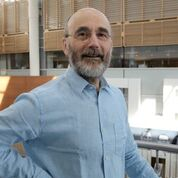
“The vast majority of biomedical research is published in legitimate journals, but predatory journals are a growing threat,” said Dr. Moher. “Funders, institutions, researchers and publishers need to work together to address this problem and ensure that research is published in a way that advances science and improves health.”
Dr. Moher and The Ottawa Hospital have taken the lead with the opening of the Centre for Journalology. This centre, the only one of its kind in the world, includes a full-time publications officer who provides training and consultations to help researchers publish their results in a clear and transparent manner. Dr. Moher and his colleagues have also made progress in identifying predatory journals, proposing solutions and developing guidelines and other resources, and international partnerships.
People like Becky Hollingsworth couldn’t be more pleased.
“Participating in research requires a lot of time and trust,” she said. “It is good to see that researchers at The Ottawa Hospital are doing everything they can to make sure that their results are making a difference.”
Support research at The Ottawa Hospital to improve patient care.

Support patient care and research at
The Ottawa Hospital
You might also like…
A special video message for International Women’s Day
Every year on March 8, we recognize International Women’s Day to celebrate how far we have come with equal rights and opportunities for women, and to acknowledge how far we still have left to go. This video is a short-but-sweet reminder that the women who work for our organization are driven, caring, innovative and powerful.
New Research Chair in Gay Men’s Health is setting out to break down barriers to care
As both a researcher and a gay man, Dr. Paul MacPherson knows all too well the stigma that gay men often face in the health-care system. Now, as the Clinical Research Chair in Gay Men’s Health at The Ottawa Hospital and the University of Ottawa, he’s on a mission to make quality health care more accessible to this often overlooked patient population.
Made-in-Ottawa tool helps decide when critically ill patients can breathe on their own
Over the past two years of the pandemic, more Canadians than ever have required mechanical ventilation to help them breathe. The Ottawa Hospital is the first hospital in the world to evaluate an innovative medical device that uses artificial intelligence to predict when critically ill patients are ready to breathe on their own.
Dream vacation becomes nightmare after COVID-19 strikes
Sun and sand turned to fear and uncertainty when Jim and Joanne Booth, married for 57 years, tested positive for COVID-19 in March 2020. Read about their journey back home to receive life-saving care at The Ottawa Hospital.
Giving every COVID-19 patient the chance to participate in research
Since the beginning of the pandemic, Irene and Rebecca have been on the front lines explaining all the available clinical trials to these patients and their families, often during those first difficult days of hospitalization.
Patient gets life-changing diagnosis thanks to Open Science
For years, doctors thought Jenna Keindel had limb-girdle muscular dystrophy, even though they couldn’t find the exact gene that was causing the disease. This all changed when Jenna read a research article about an autoimmune disorder that mimicked muscular dystrophy – sending her life, and diagnosis, on an entirely new path.


 To reset, hold the Ctrl key, then press 0.
To reset, hold the Ctrl key, then press 0.
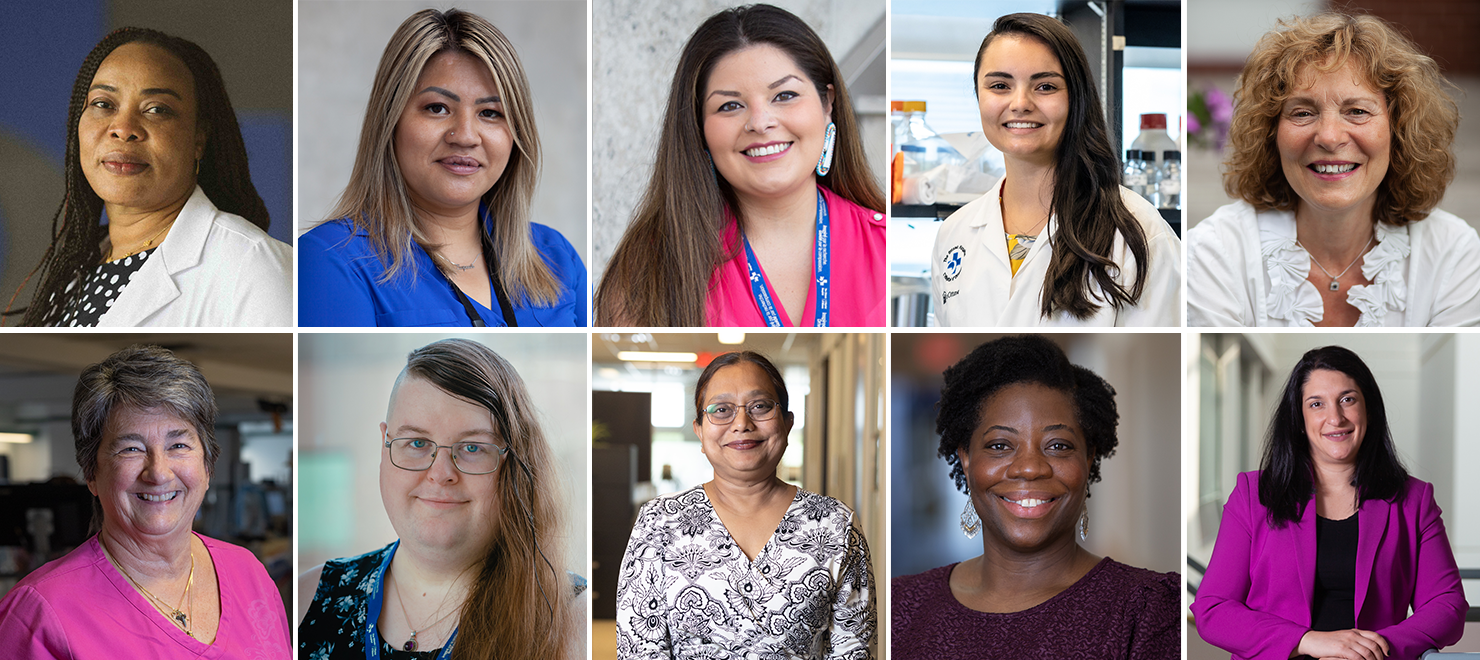
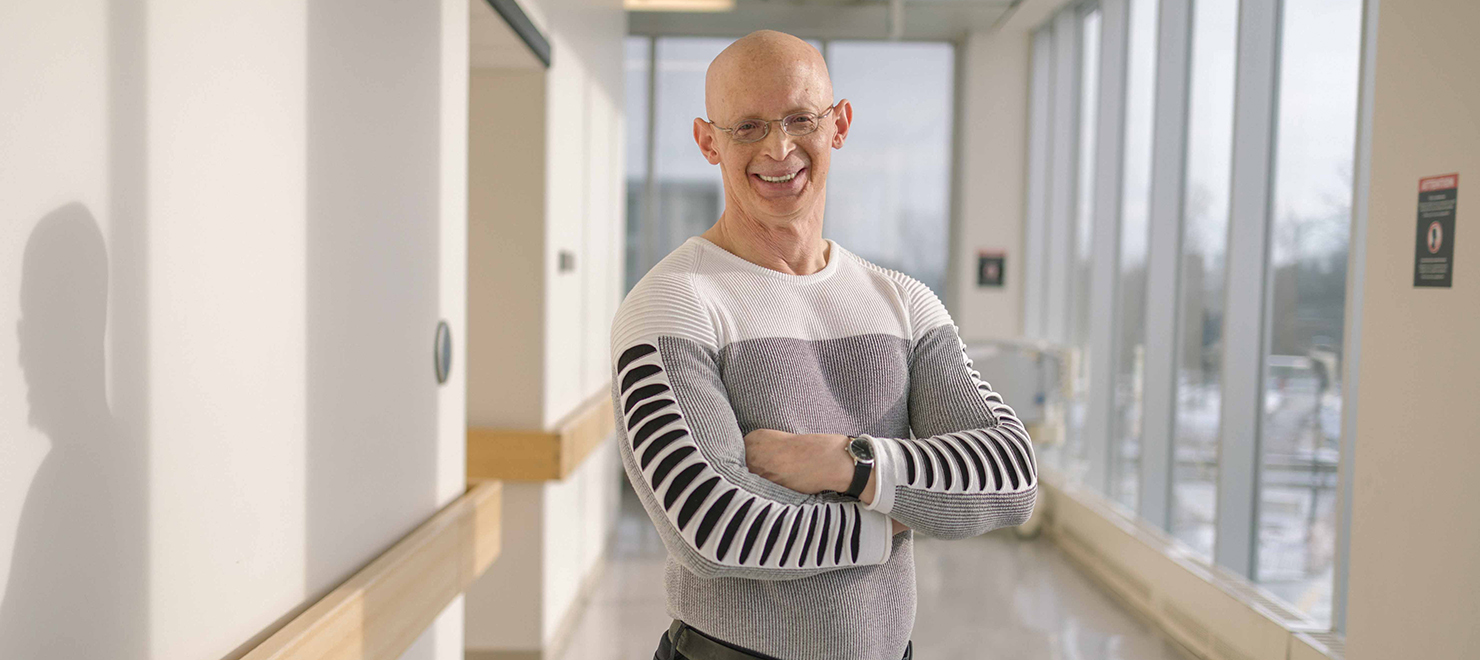
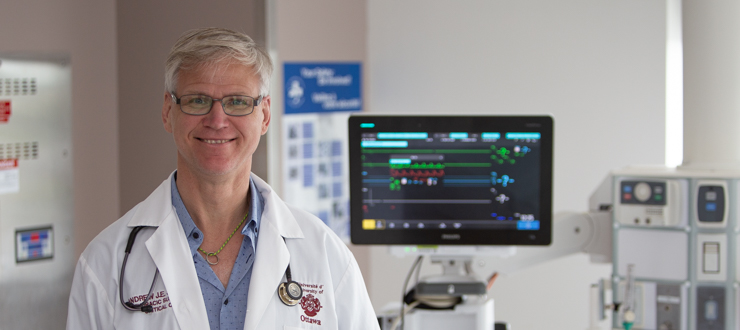

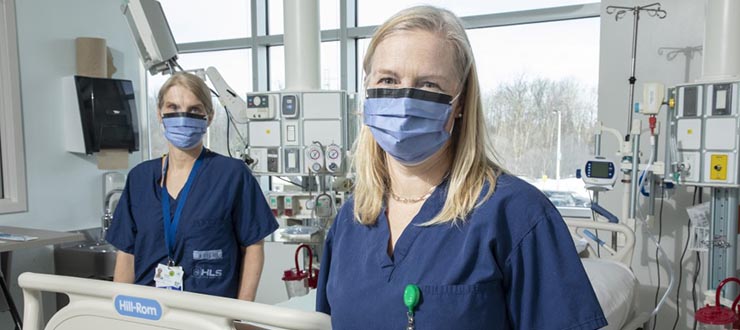
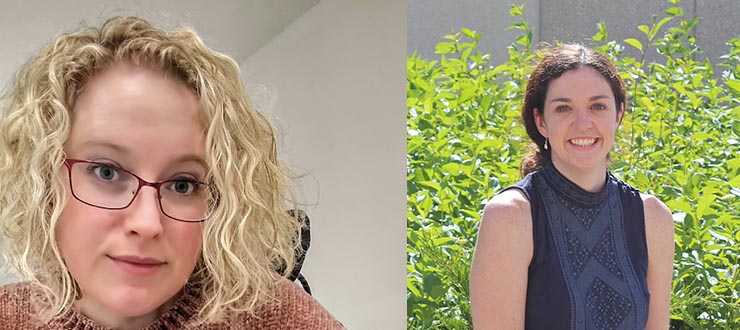
Comment on this post